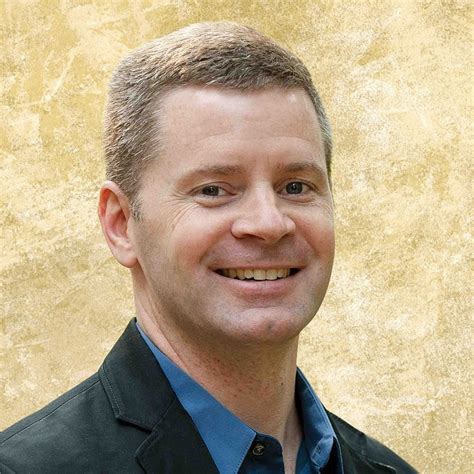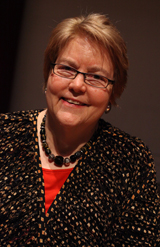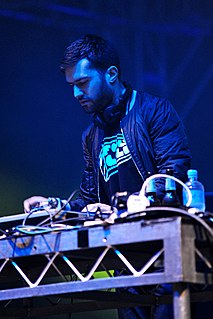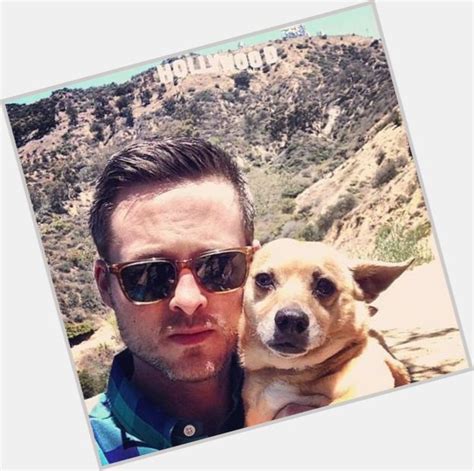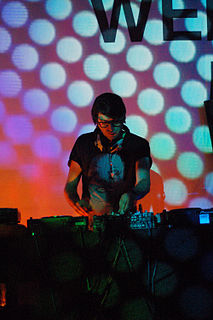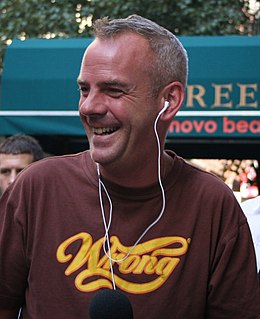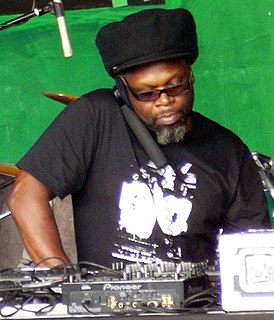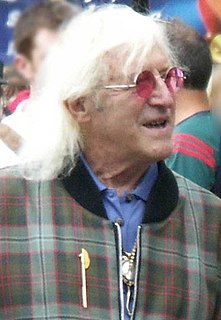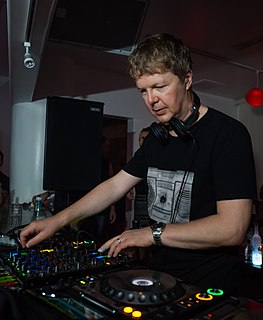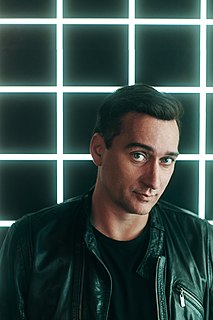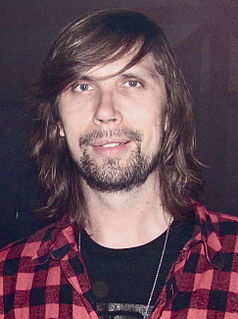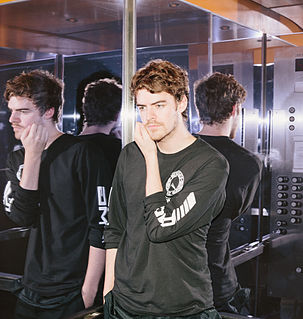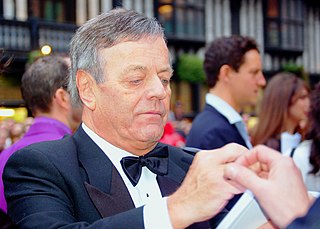A Quote by Jeff Mills
How we view ourselves can often determine the perspective and degree in which we see others and the world around us. Each and every one of us has a view. Such a view, that it can shape the future of others and how they live, dream and look towards the future that we all hope is better and more fruitful than our past. This I believe is a common initiative.
Related Quotes
Pessimism is a very easy way out because it is a short view of life. If you look at what is happening around us today, you can't help but feel that life is a terrible complexity of problems. But if you look back a few thousand years, you realize that we have advanced fantastically. If you take a long view, I do not see how you can be pessimistic about the future of mankind.
But every point of view is a point of blindness: it incapacitates us for every other point of view. From a certain point of view, the room in which I write has no door. I turn around. Now I see the door, but the room has no window. I look up. From this point of view, the room has no floor. I look down; it has no ceiling. By avoiding particular points of view we are able to have an intuition of the whole. The ideal for a Christian is to become holy, a word which derives from “whole.
Let each of us examine his thoughts; he will find them wholly concerned with the past or the future. We almost never think of the present, and if we do think of it, it is only to see what light is throws on our plans for the future. The present is never our end. The past and the present are our means, the future alone our end. Thus we never actually live, but hope to live, and since we are always planning how to be happy, it is inevitable that we should never be so.
We have to start looking at the world through women's eyes' how are human rights, peace and development defined from the perspective of the lives of women? It's also important to look at the world from the perspective of the lives of diverse women, because there is not single women's view, any more than there is a single men's view.
What I feel I can do is help people become aware of how pervasive and extensive the arts are, how they affect each one of us in our daily lives—what kind of [buildings] we live in, what kind of clothes we wear, what we see with our eyes. We are often blind to the beautiful things around us. What I'm mostly concerned about is how often we're blind to our own talent. I think that within each human being there is a creative spirit, and some of us have been fortunate enough to have good teachers and parents who've brought this out and encouraged it, but others haven't.
Instead of loving a God, we love each other. Instead of the religion of the sky-the religion of this world-the religion of the family-the love of husband for wife, of wife for husband-the love of all for children. So that now the real religion is: Let us live for each other; let us live for this world without regard for the past and without fear for the future. Let us use our faculties and our powers for the benefit of ourselves and others, knowing that if there be another world, the same philosophy that gives us joy here will make us happy there.
Life is the future, not the past. The past can teach us, through experience, how to accomplish things in the future, comfort us with cherished memories, and provide the foundation of what has already been accomplished. But only the future holds life. To live in the past is to embrace what is dead. To live life to its fullest, each day must be created anew.







